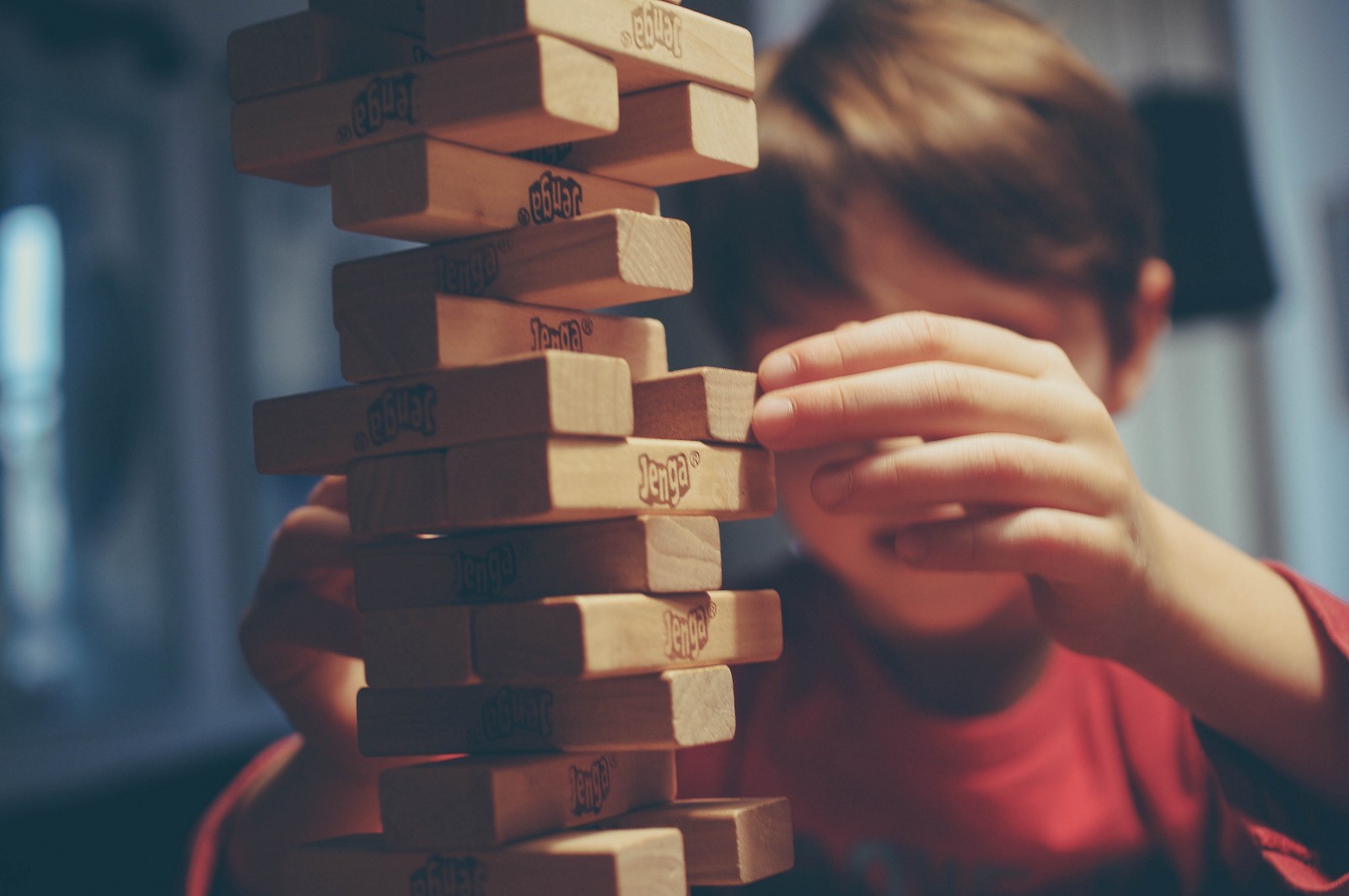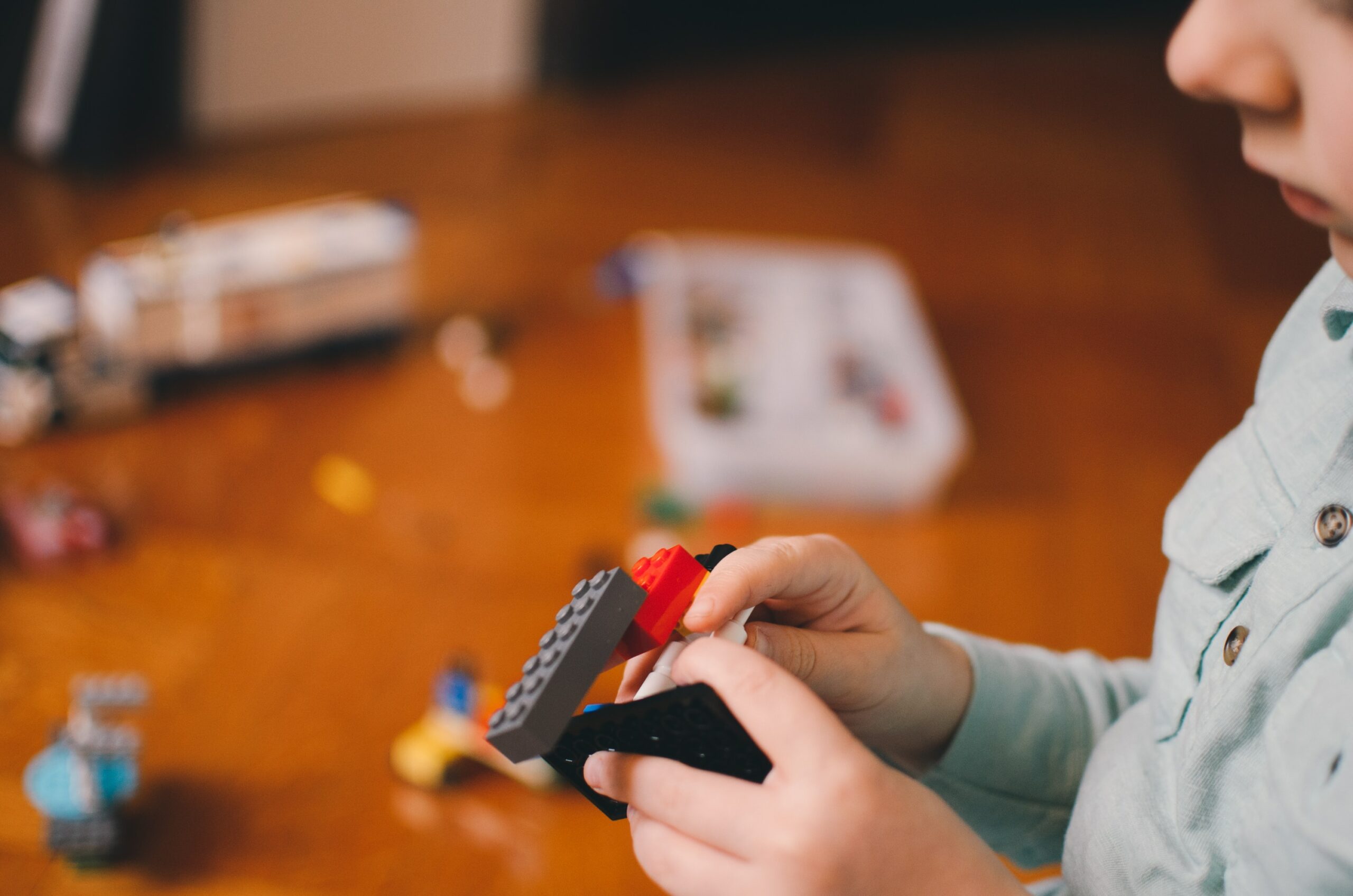I met a friend recently and she was telling me that her 8-year-old daughter had started her periods. She was quite upset about it. She never thought her little one would have started and had not even had the “talk” with her yet. It was only when she saw the change in her behaviour that she got worried and took her to their paediatrician. She had noticed her daughter was developing breasts but had ignored it, assuming the girl was too young to reach puberty. This was a troubling time for the family as they helped their daughter cope with it. “Didn’t we start much later?” she asked me.
Is this a question that’s been on your mind? I know I have been seeing a lot of information out there about girls starting their periods early. What is the age puberty normally hits girls and what’s the age they are starting off now? Let’s get some answers to all our questions.
When is Puberty?
According to the National Institute of Health, puberty – the time when a child’s body is changing and becoming physically like that of an adult – usually begins in girls between 8 and 13 years of age, and in boys between 9 and 14 years of age.
For decades paediatricians have referred to a table of pubertal development known as Tanner stages, named after the paediatric endocrinologist James Tanner. There, hundreds of boys and girls were photographed naked at three-month intervals. Published in 1969, our modern benchmarks of puberty were established: five distinct stages, ranging from prepubertal to fully developed.
On average, the girls in the study began showing breast buds—the “Tanner II” stage—at age eleven or so, and began menstruating between thirteen and fourteen.
What Is Precocious Puberty?
Precocious puberty, also known as early puberty, is when a child’s body starts to go through the change into an adult body too soon. Puberty starts on average in girls between ages 8 and 13 years and in boys between ages 9 and 14 years. This includes breast growth, pubic hair, and voice changes. These are known as secondary sexual characteristics. Most children with the disorder grow fast at first. But they also stop growing before reaching their full genetic height potential.
Did you know
Early puberty is identified through physical examination, blood tests to measure levels of sex hormones, and a bone X-ray to estimate “bone age”—how close a child’s skeletal system is to reaching maturation.
An article in NCBI says
The chance for early puberty is 25 times more in girls than in boys. Since growth is stopped after puberty, there is concern that children may not accomplish their full growth if they have early puberty.
Symptoms Of Precocious Puberty
The signs are secondary sexual characteristics that happen early.
Common signs of puberty in girls can include:
- Breast growth
- Pubic and underarm hair
- Menstruation
- Ovulation
- Body odour: Increased sweat production may lead to body odour.
- Skin changes: Skin may become oilier and acne can develop.
Common signs of puberty in boys:
- Enlarging penis and testicles
- Pubic and underarm hair
- Facial hair
- Spontaneous erections
- Production of sperm
- Acne
- Deepening of the voice
- Body odour: Increased sweat production may lead to body odour
Other signs of the disorder include:
- Moodiness
- Increased aggression
- Growing taller earlier than other classmates
What Are The Causes Of Early Puberty In Girls?
When researchers investigated possible reasons why more girls were entering puberty sooner these were what stood out.
Stress
As per them, the higher cortisol levels might contribute to the premature activation of the pituitary and adrenal glands. As per an article in The New York Times, during the pandemic, paediatric endocrinologists from across the world noticed that referrals were increasing for earlier puberty in girls. A study published in Italy in February 2022, showed that 328 girls were referred to five clinics across the country during a seven-month period in 2020, compared with 140 during the same period in 2019. (No difference was found in boys.) The same thing might be happening in India, Turkey and the United States.
Dr Adiaha I.A. Spinks-Franklin, a paediatrician at Texas Children’s Hospital says in an interview with The Washington Post
Breast buds come at about 10 or 11 years, and then your period comes two years later. That’s the normal process. From 9 to like 15, you’re going through this process, but the stress of the pandemic sped up that physiological process. Meanwhile, socially and emotionally, they’re still children.”
Endocrine-Disrupting Chemicals
These mimic the body’s naturally occurring hormones. E.D.C.s include parabens (preservatives that are used in cosmetics, food, and pharmaceuticals), phthalates (which are added to plastics to enhance their durability and flexibility), and BPA, a chemical compound that the FDA banned for use in baby bottles and sippy cups.
Obesity
Average B.M.I. and obesity rates in girls had risen somewhat in tandem with rates of early puberty. Children who are overweight or obese tend to experience puberty earlier than their peers. Adipose tissue (fat cells) can produce estrogen, which can accelerate the onset of puberty.
There is a hormone called leptin, which is one of the necessary components for the pituitary gland to begin producing gonadotropins. Leptin is produced in the fat tissue and plays a role in raising the body’s estrogen levels. Typically, as estrogen increases, so does fat and leptin, which can create a feedback loop—weight gain spurs puberty, and puberty spurs weight gain.
Genetics
Genetics can influence the timing of puberty. If a child has a family history of early puberty, they may be more prone to experience it themselves.
Dr Nihar Parekh, Mumbai based paediatrician says
How Are Kids Dealing With Early Puberty?
Emotional and social impact: Children who go through early puberty may face emotional and social challenges. They may struggle to cope with the rapid physical changes and feel different from their peers. This can result in lower self-esteem, anxiety, body image issues, and increased vulnerability to teasing or bullying.
Psychological effects: Early puberty can sometimes disrupt the normal psychological development of children. They may experience heightened emotions, mood swings, and difficulty managing their feelings. Some children may also struggle with body image concerns or exhibit signs of anxiety or depression.
Short stature: While kids with precocious puberty are often tall for their age, some wind up short as adults. Why? Once puberty is over, growth stops. Since precocious puberty ends earlier than normal puberty, these kids stop growing at an earlier age. The result may be a shorter height than they would have otherwise had.
What Should I Do As A Parent If My Child Hits Early Puberty?
Dr Manjari Rao is a homoeopath practitioner and she suggests
- Girls and boys above the age of 5 years, don’t overdo dairy that is non-organic. Need to minimize antibiotic and synthetic hormone exposure.
- Similarly, non-organic meat is a no-no.
- Girls and boys must consume ghee and jaggery and if girls are already having their periods, then having sesame seeds in the diet is also important.
You can help your child by treating your child like normal, boosting your child’s self-esteem, and seeking a child counsellor if more help is needed. Your child is anyway dealing with changes so don’t try to medicalize things that are a normal part of life. This is a condition which needs to be spoken to with your doctor and they will help you with a course of treatment to delay the onset of puberty too early.
Disclaimer: The views expressed by the experts are their own and not by Kidsstoppress
Image Source: https://medicalxpress.com/

















